Virtual Reality for K-12 Education
Bringing Learning to Life Through Immersive Technology
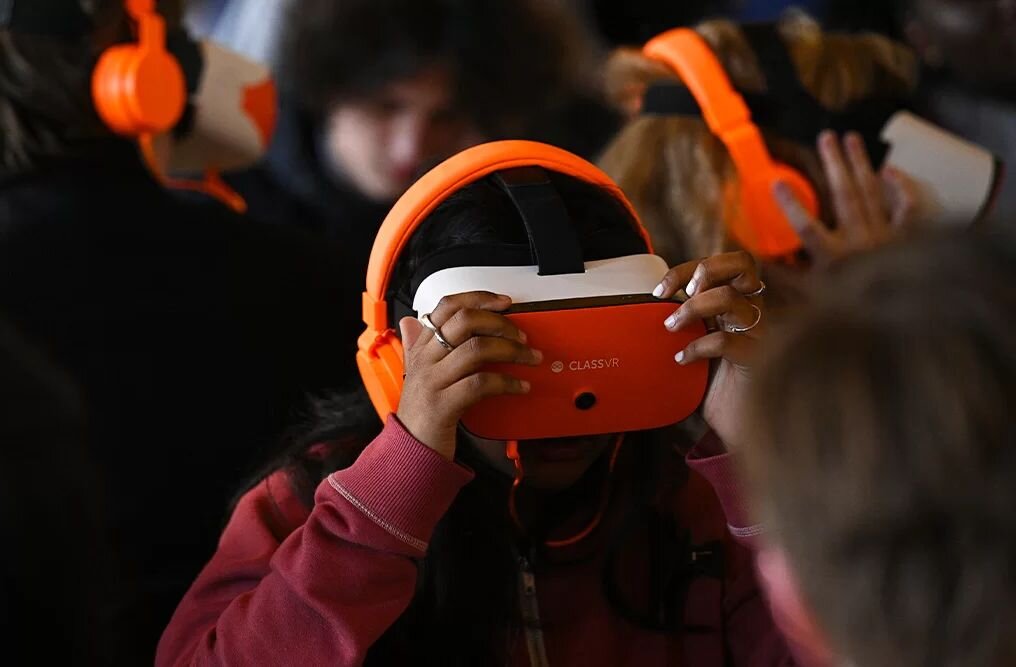
We empower K-12 students with interactive, hands-on experiences that make learning more engaging and effective.
- Hands-On Learning: Engages students with interactive, immersive experiences that bring complex subjects to life.
- Enhanced Retention: Builds deeper understanding by allowing students to explore subjects in a virtual, hands-on environment.
- Future-Ready Skills: Prepares students for a tech-driven world by incorporating VR and AR into their education.
Our Pipeline to Engage Students through VR
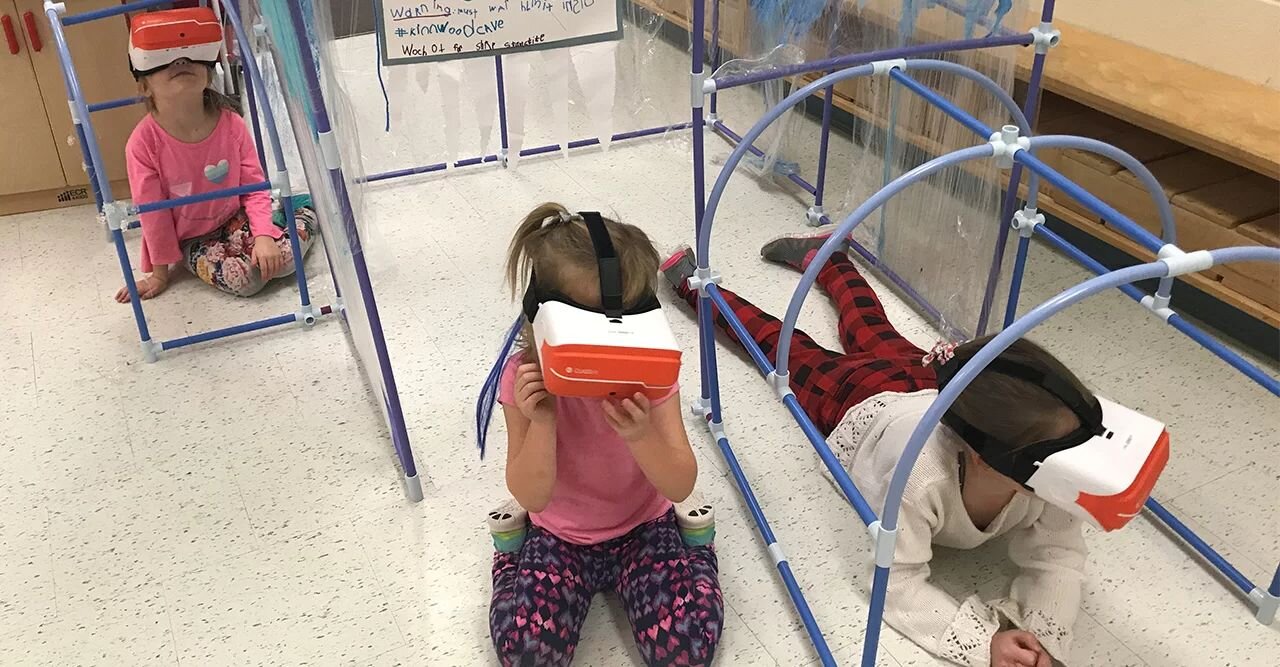
Pre-K & Kindergarten
- Introduces foundational concepts with fun, interactive VR experiences.
- Builds motor skills and curiosity through simple, engaging activities.
- Encourages early learning in a safe, virtual environment.
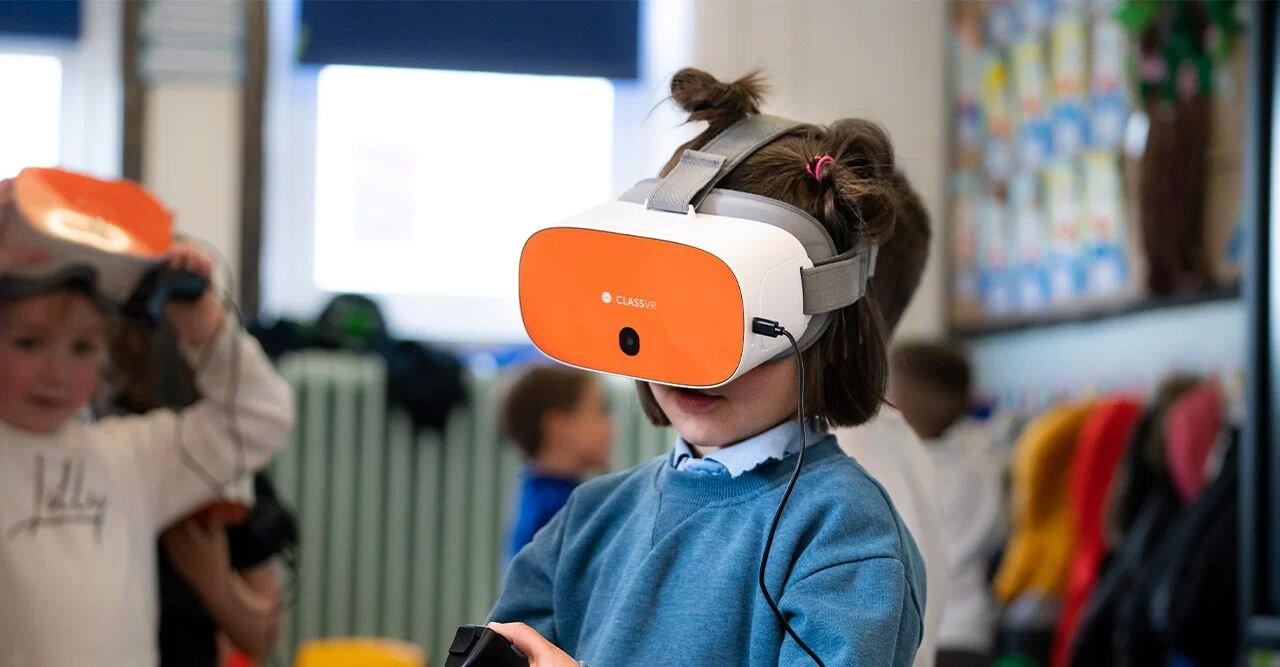
Elementary School
- Makes subjects like science and math come alive with interactive visuals.
- Enhances reading comprehension with immersive story-based experiences.
- Develops critical thinking and problem-solving skills through gamified learning.
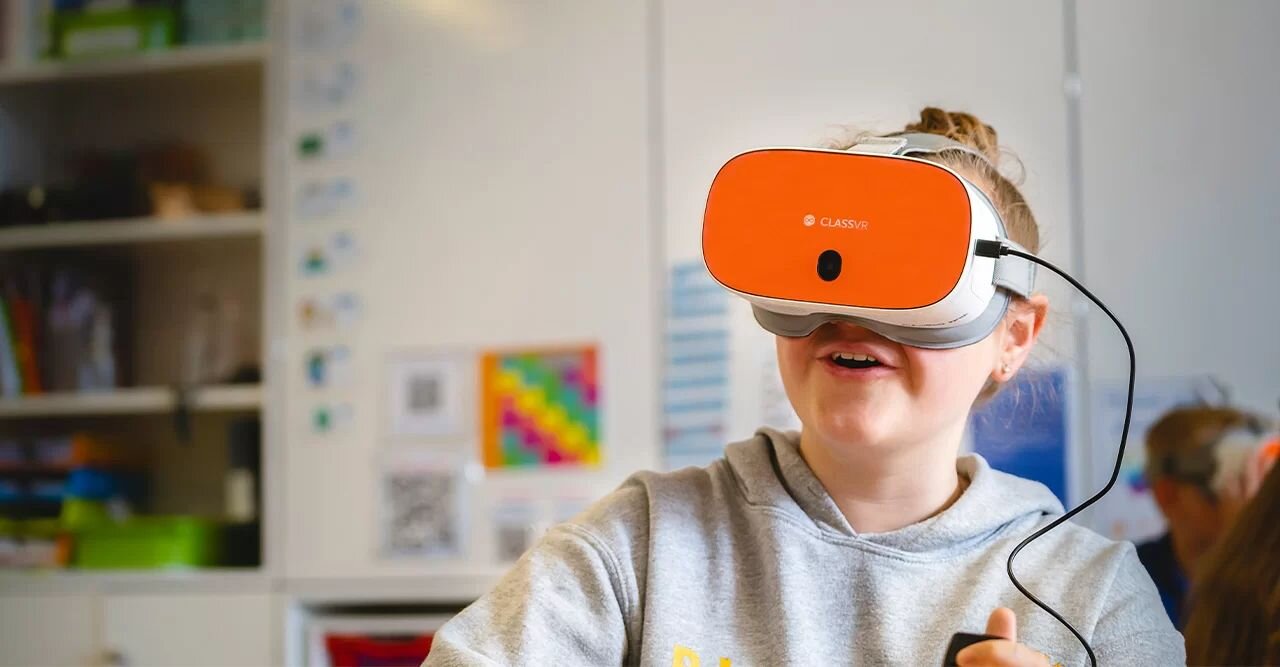
Middle School
- Deepens understanding with simulations in subjects like biology, geography, and history.
- Reinforces STEM skills with engaging, hands-on VR experiments.
- Prepares students for advanced topics with practical, real-world applications.

High School
- Provides in-depth simulations for subjects like chemistry, physics, and world history.
- Expands career readiness with virtual job shadowing in various fields.
- Encourages self-guided learning to build independence and confidence for college or careers.
Virtual Reality Courses Available for Every Subject
Explore our immersive learning modules designed to engage students at every level. From foundational skills to career exploration, our VR programs bring subjects to life, inspiring curiosity and building knowledge for a bright future.
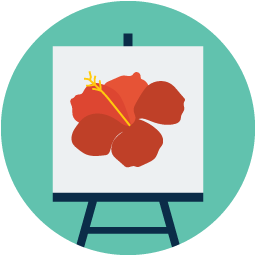
Art
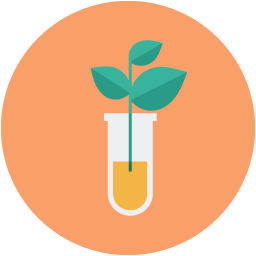
Biology
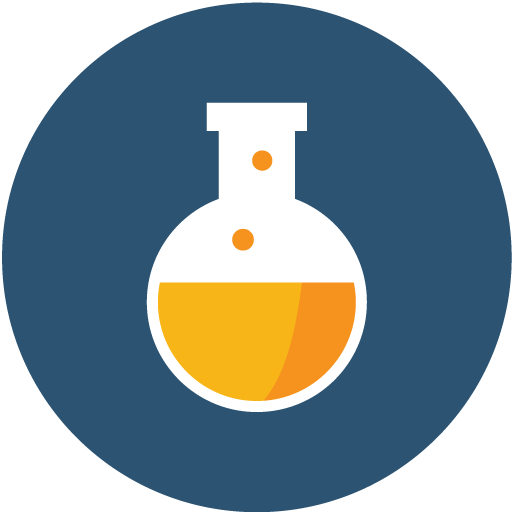
Chemistry
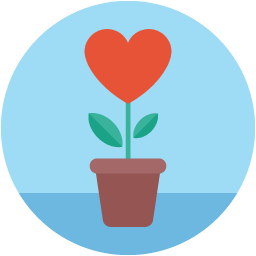
Citizenship
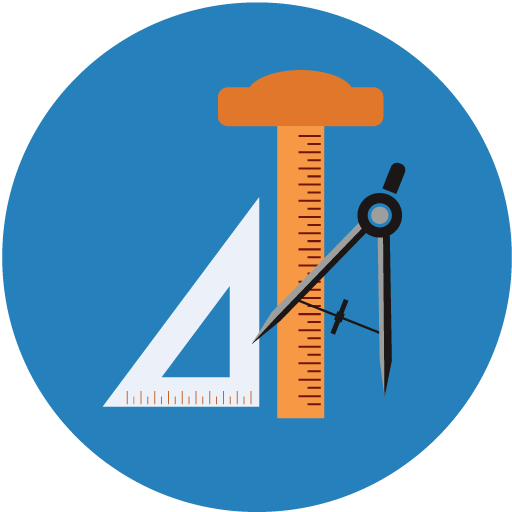
Engineering
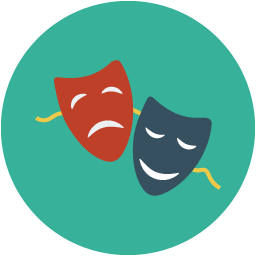
Performing Arts
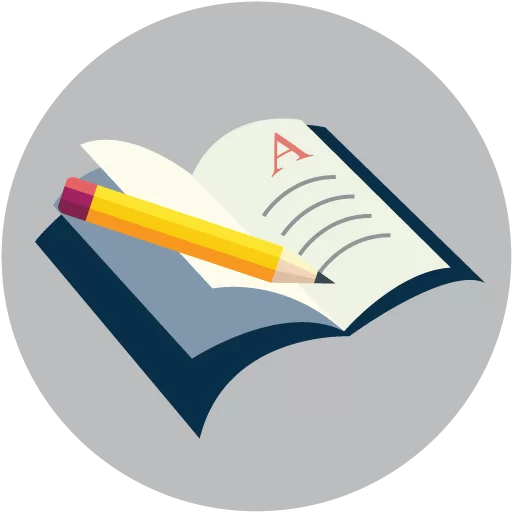
Art
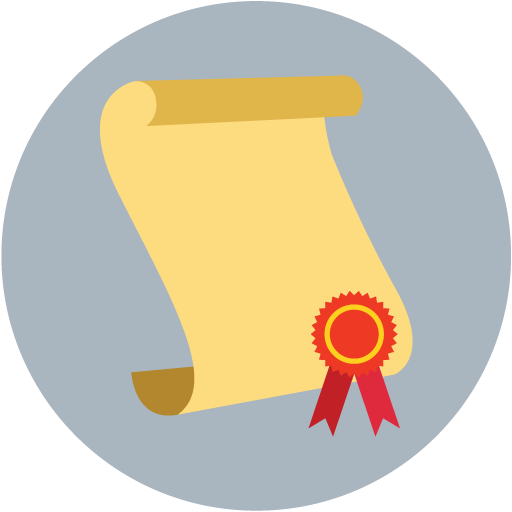
History
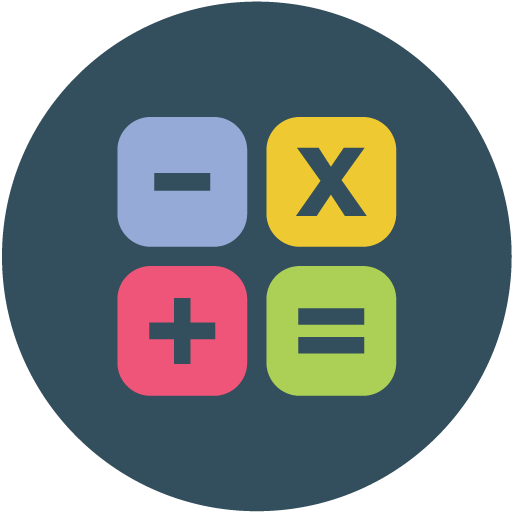
Math

Music

Phys Ed

Physics

Religion

Geography
